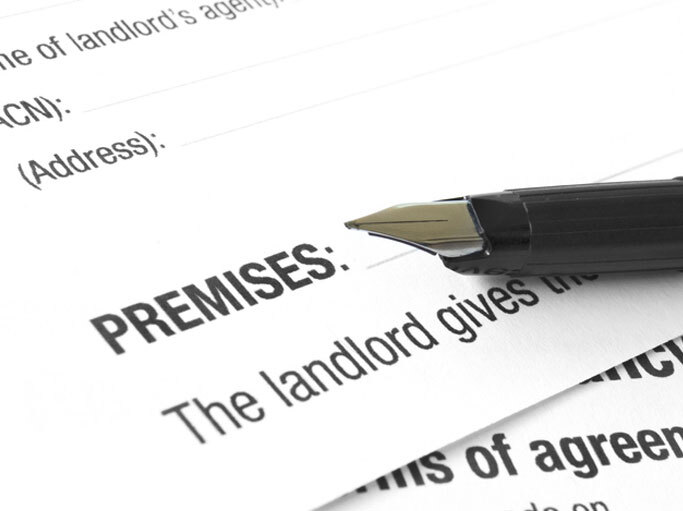
Have you been injured on someone’s property for no fault of your own? If the accident was preventable and occurred due to the negligence of the property’s owner, you are entitled to compensation for your injuries. Here is everything you need to know about premises liability law and how you can use it to get a rightful settlement amount.
What Exactly Is Premises Liability?
Let’s start with what premises liability actually means. Per law, a property owner is legally responsible for any accidents or injuries that occur within their property due to any form of negligence. In other words, if you get an injury due to any unsafe condition existing on a property, the property owner can be held legally responsible for it and may even need to compensate you for the accident.
Premises liability laws are applicable no matter the type of property – be it an open place or even a building. Although the premises liability laws in different states of the US may vary to some extent, the victim is eligible for compensation from the owner as long as they have solid proof. All they (or their lawyer) need to do is to prove that the said accident was preventable – it could have been avoided if the owner had taken some steps earlier.
Some Common Premises Liability Cases You Might Encounter
There are countless reasons for which you could file a premises liability case against a property owner. However, some cases are more common in the US. These include the following.
● Slip and fall accidents
● Dog bites
● Attacks due to insufficient security measures
● Construction site accidents
● Injuries due to obstacles or falling objects
So, if you have encountered any of the above and are sure that the fault lies with the property owner, maybe it’s time to get in touch with a capable lawyer to represent your case.
What Do You Need To Know Before Filing A Premises Liability Claim?
Getting injured in a preventable accident can be traumatic. And this, combined with the medical bills you may have been required to bear, may encourage you to file a case against the property owner. However, before you file a premises liability case, you must understand how these work. This is especially important as the premises liability laws aren’t the same in all states, so make sure to be aware of the laws of your own state before filing a claim.
Usually, to win such a case, you need to prove four things beyond a reasonable doubt. These key elements include the following.
1. The defendant in the case is the legal owner of the property or is occupying it on lease.
2. The defendant was negligent in how they managed, maintained, or used the property.
3. The victim should be able to prove that they were injured.
4. The aforementioned injury should be proven to have occurred due to the defendant’s negligence.
How Can A Premises Liability Attorney Help?
Premises liability cases can be pretty complicated, but hiring an expert attorney can increase your chance of winning. Thanks to their years of experience in dealing with similar cases, an attorney is aware of how to handle your case to ensure maximum chances of success. They can also help negotiate the compensation, ensuring you get the amount you deserve.
Summing Up
Hopefully, now you are well aware of what premises liability laws are and how exactly such claims work. In case you still have any doubts regarding premises liability law, getting in touch with an experienced Milwaukee Premises Liability Lawyer might help. With their vast knowledge of the subject, these professionals can help address your queries with remarkable ease.
RELATED ARTICLES
Recent Posts
- Major Theft Ring Busted: Over $200,000 in Stolen Lego Sets Recovered in Eugene, Oregon
- Judge Denies Texas’ Bid to Shut Down Migrant Shelter Network in El Paso
- Single Mother in Memphis Seeks Help for Troubled Son Amid Rising Concerns
- California’s Proposition 47 Reform Sparks Intense Political Debate Over Public Safety
- U.S. Man’s Social Security Benefits Denied Over Citizenship Confusion
Categories
Our Supporters
Gold Supporters
Christopher Simon – Atlanta Truck Accident Lawyer
Skiver Law Firm – Phoenix Truck Accident Lawyer
Winer, Burritt & Scott, LLP – Los Angeles Clergy Abuse Law Firm
Michael E. Fenimore P.A. – Pensacola Car Accident Lawyer
Pillsbury & Coleman, LLP – San Mateo Long Term Disability Lawyer
The Law Office of Randall J. Wolfe, P.C. – Oregon City Personal Injury Lawyer
Davies Hothem Injury Law – Buford, GA Car Accident Attorney
Houston Federal Criminal Defense Attorney
Darrow Law Firm – Houston Federal Crime Lawyer
Kansas City Personal Injury Lawyer
Atlanta Truck Accident Attorney
Aitken *Aitken* Cohn Trial Lawyers – Santa Ana Personal Injury Attorneys
Dawson Law Group- Portland Personal Injury Attorneys
CT Mediation Center- New Haven Family Law Attorney
Little Rock Personal Injury Lawyer
Katy Car Accident Lawyer
Franklin Divorce Attorney
Palermo Law- Long Island Personal Injury Lawyer
Dan Rose – San Francisco Car Accident Attorney
Taylor Siemens – Liberty, MO Personal Injury Attorneys
Pfeifer Law Firm – Little Rock Car Accident Lawyer
Walkup, Melodia, Kelly & Schoenberger – San Jose Car Accident Attorney
Solomon, Dwiggins, Freer & Steadman – Las Vegas Business Litigation Lawyer
Roane Law – Asheboro NC Car Accident Lawyer
Dorsch Law Firm – Overland Park Estate Planning Attorney
The Tennessee Sledgehammer – Hermitage, TN Car Accident Lawyer
Cook Law Group – Gainesville, GA Car Accident Lawyer
Simon Bridgers Spires – Atlanta Personal Injury Lawyer
Injury Law Associates – Kansas City Motorcycle Accident Lawyer
Potts & Potts – Honolulu Personal Injury Attorney


